A sand-like material can be extracted from seawater by adding carbon dioxide, potentially making the building industry more sustainable.


A sand-like material can be extracted from seawater by adding carbon dioxide, potentially making the building industry more sustainable.

A new hydrogel extracts water from the air, offering a sustainable alternative to bottled water and addressing global water shortages.

Scientists have developed a process to recycle carbon fiber into valuable chemicals with the help of fungi.
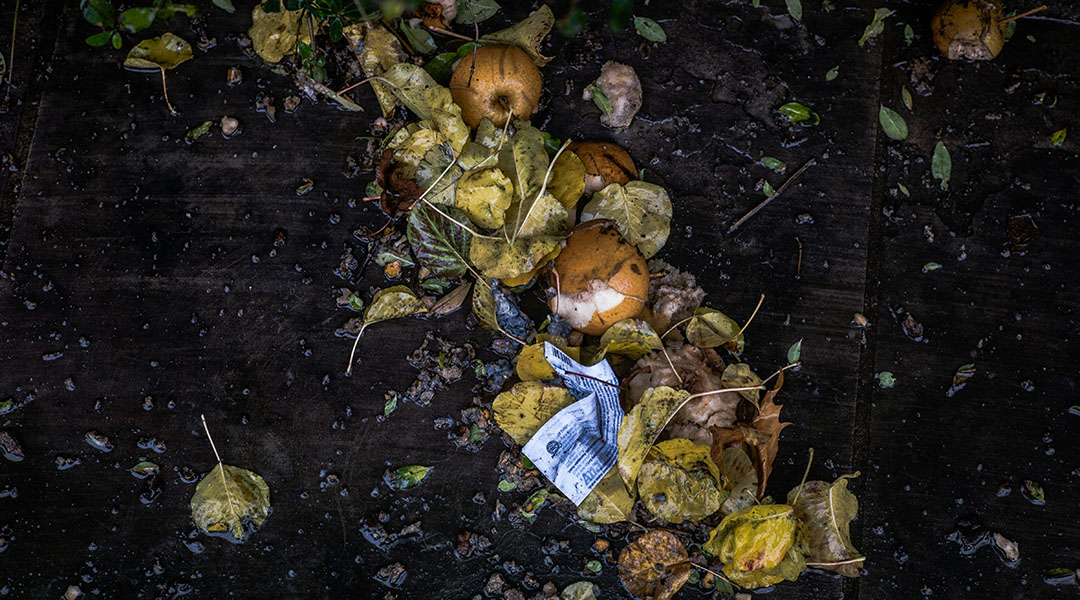
In the future, small electronics could be powered by fallen leaves, shed fur, and other waste materials found in nature.
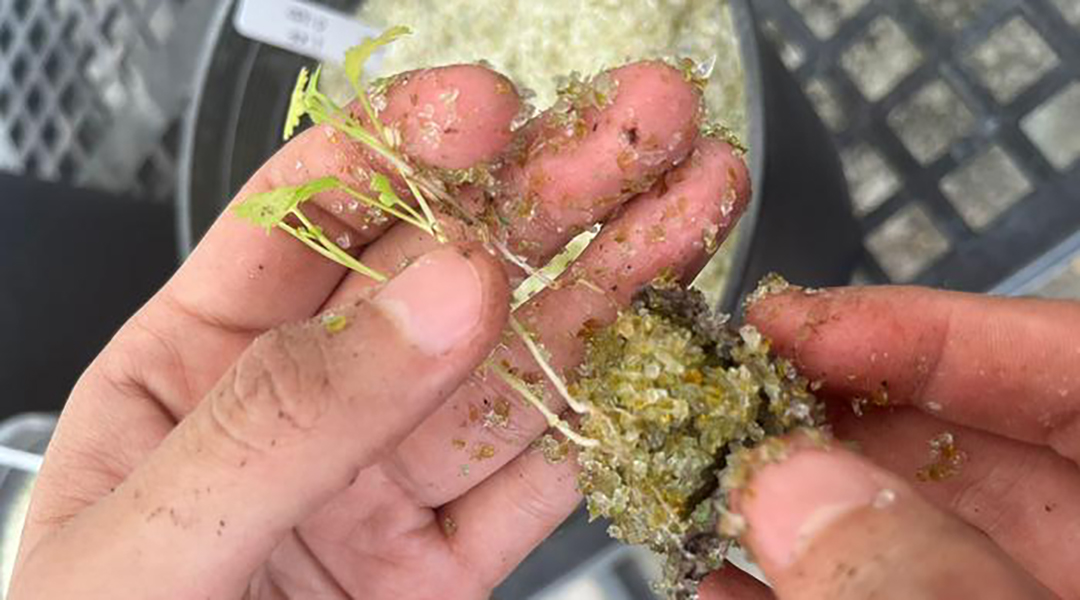
Pilot study explores how recycled glass is being used to grow salsa ingredients, protect coastlines, and safeguard the future of farming.
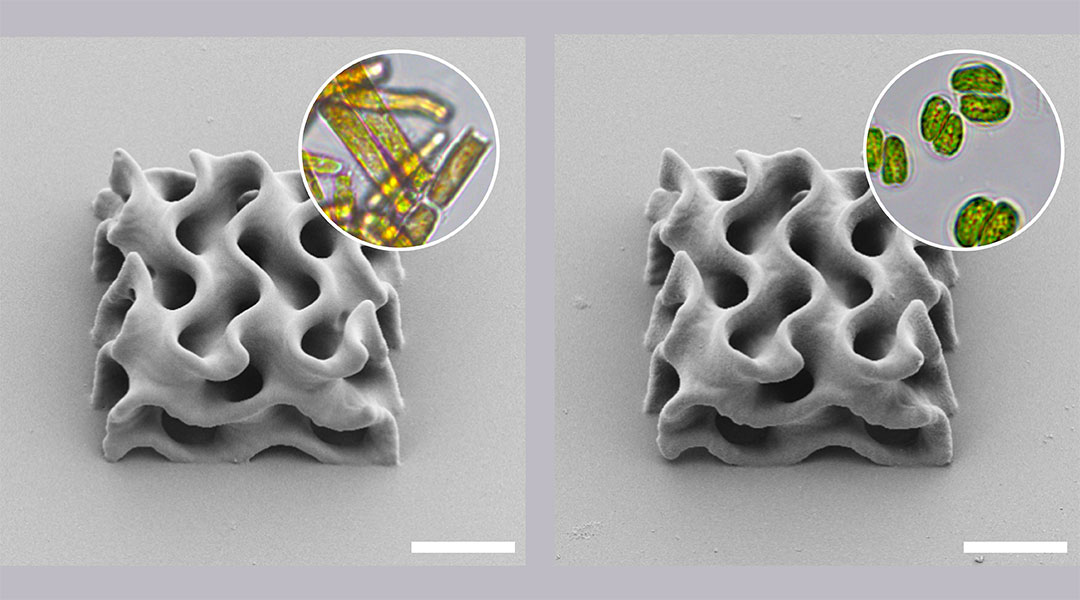
A search for environmentally friendly inks led researchers to microalgae biofactories, providing a renewable biomass solution.
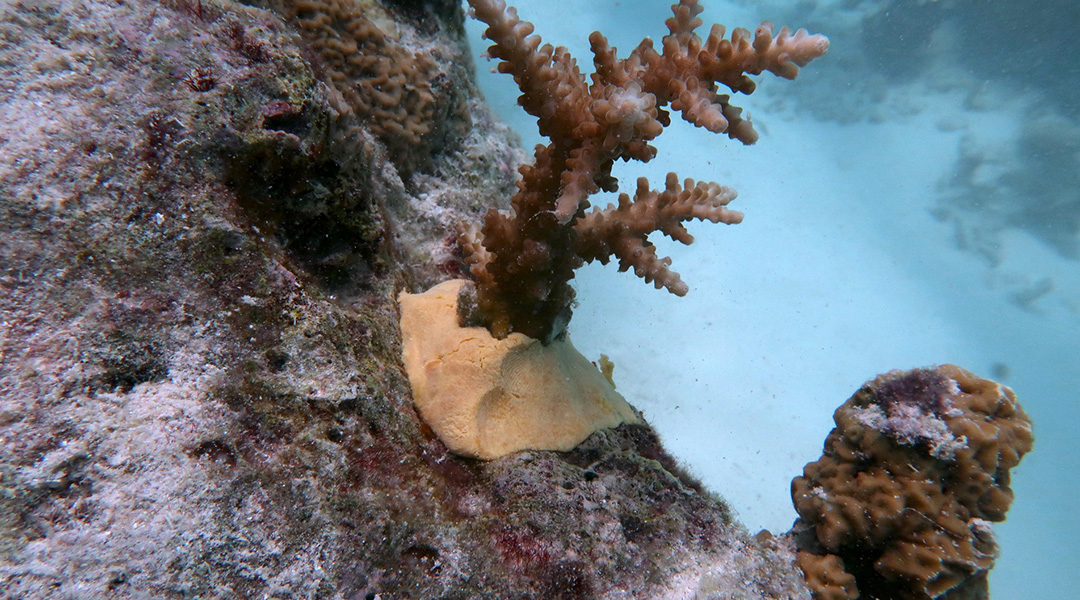
This ocean-safe putty was designed to help seed new coral reefs, offering a much-needed replacement for hardware store products.
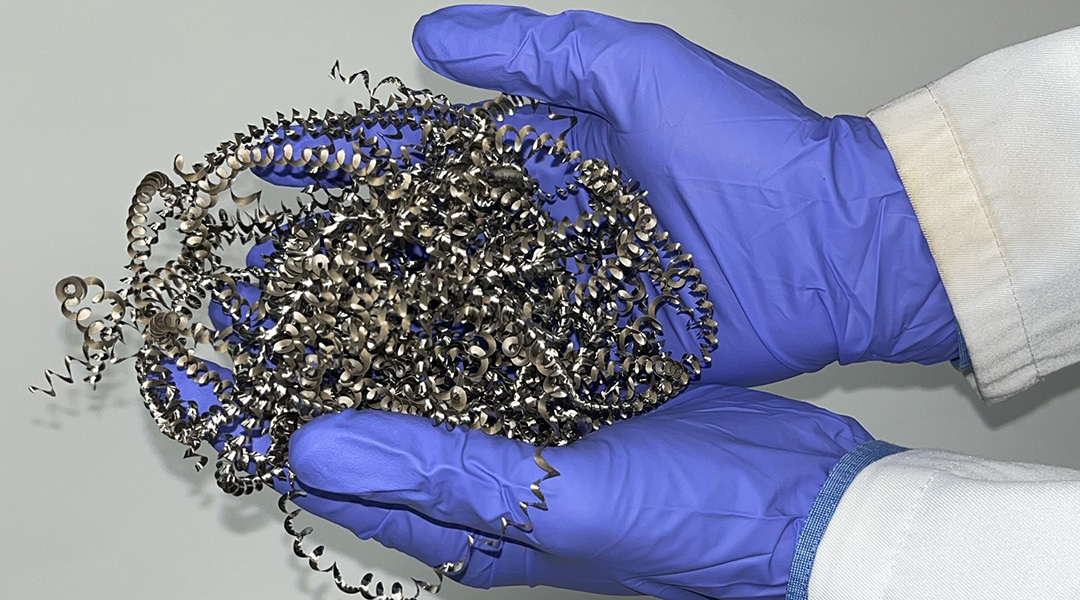
New technique uses waste metal shavings to catalyze hydrogen production, turning nothing but trash and water into clean, renewable fuel.
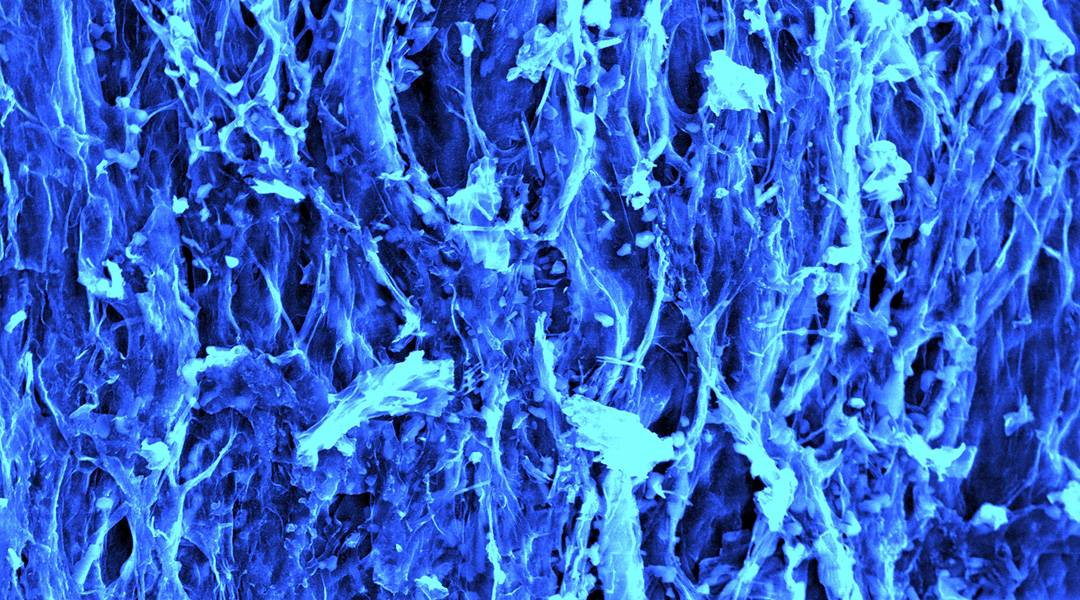
Scientists are using carbon filaments from mushrooms in supercapacitors, paving the way for a sustainable energy future.

A material derived from avocado pruning waste and bio-polyethylene combines high strength with biodegradability.